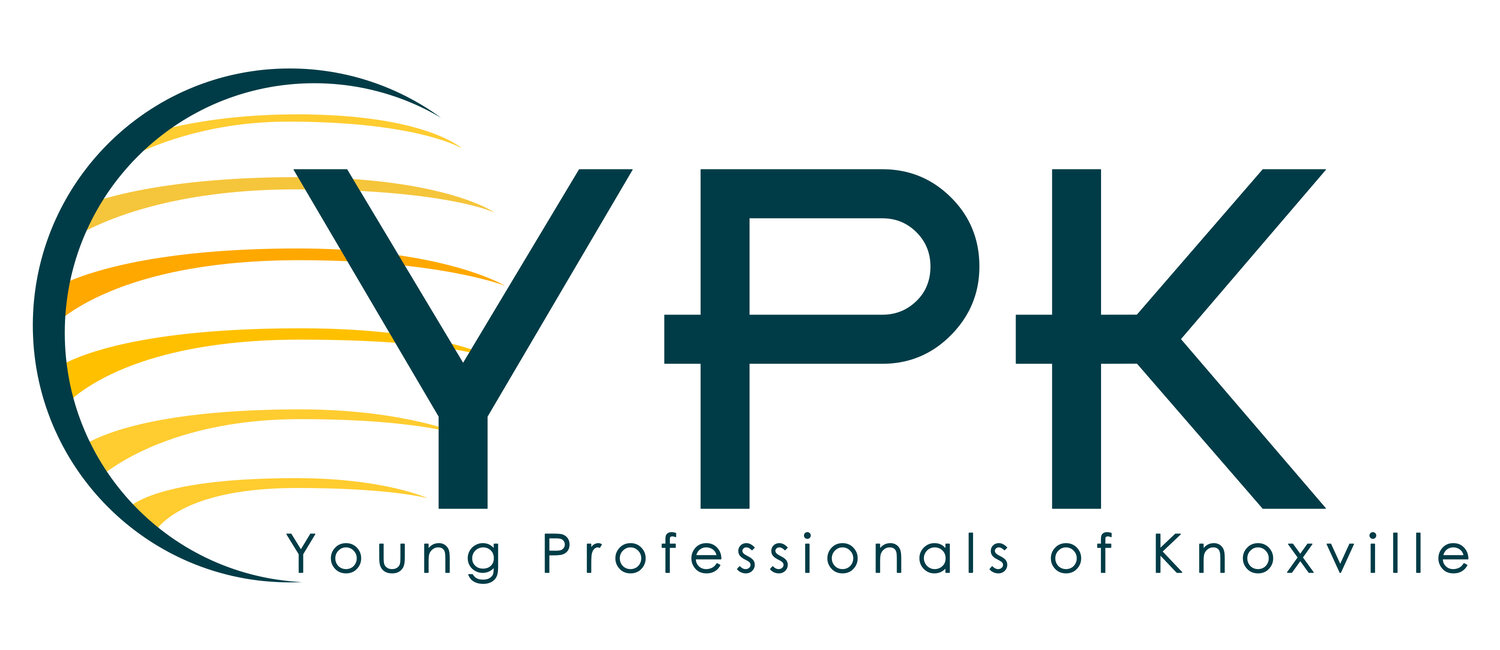Over the past several weeks, governments and businesses around the world have mandated that employees work from home in efforts to combat the COVID-19 pandemic. If you're employed by one of these businesses and are new to the work-from-home lifestyle, you might have discovered that it’s not easy to convert a place typically associated with leisure into a makeshift office that’s conducive to productivity, especially if you have children or pets.
Because of this discovery, you may have browsed the Internet for advice from work-from-home pros and come across numerous blog posts offering the same advice over and over again.
You don’t need another blog post telling you to work in a room without a TV, though. You don’t need another blog post telling you to add an extension to your browser that blocks social media sites. What you do need is a fresh perspective:
Being productive in any work environment often involves some level of self-discipline, meaning you choose to avoid distractions and focus or, inversely, you choose to focus and avoid distractions. For example, you might have said something like this to yourself before…
“I’m not going to check my phone during this meeting.”
“I’m going to finish this assignment before I go to the break-room to talk to my co-workers.”
There’s a problem with this choice-dependent approach though: It can quickly become exhausting. An act as simple as checking your phone can suddenly become a seemingly irresistible temptation, one you keep pushing to the back of your mind until you finally decide to indulge.
If you’ve found this to be your situation more times than you’d like to admit (and it’s been every one of us at least once), it’s likely that working from home isn’t going to yield a different result. Once you accept that, it might make sense to use this change in location as an opportunity to implement a different approach - the opposite approach- simply remove the element of choice by becoming busier.
The fewer opportunities you have to slow down unnecessarily, the fewer times you have to choose to stay focused. Put another way: you'll do more if you have more to do.
While what I’m suggesting isn’t novel, it’s not commonplace, and people underestimate the short- and long-term benefits of it.
As we grapple with and adjust to this unprecedented situation, asking your supervisor if there are additional roles or responsibilities you can fulfill or asking your co-workers if they need any assistance with their projects does more than just allow you to remain productive and demonstrate your strong work ethic. It also offers you the chance to help others when they might need it more than you know.
About the Author
Roch Monnig, Jr. is a financial advisor who focuses on helping people understand the connection between their values and their money, and how that connection impacts their life satisfaction. Although he's a Knoxville native, he joined Young Professionals of Knoxville in 2019 as a way of broadening his horizons and now serves as the chair of the Professional Development Committee. When he's not in the office, Roch enjoys exercising, volunteering and spending time with friends and family.






